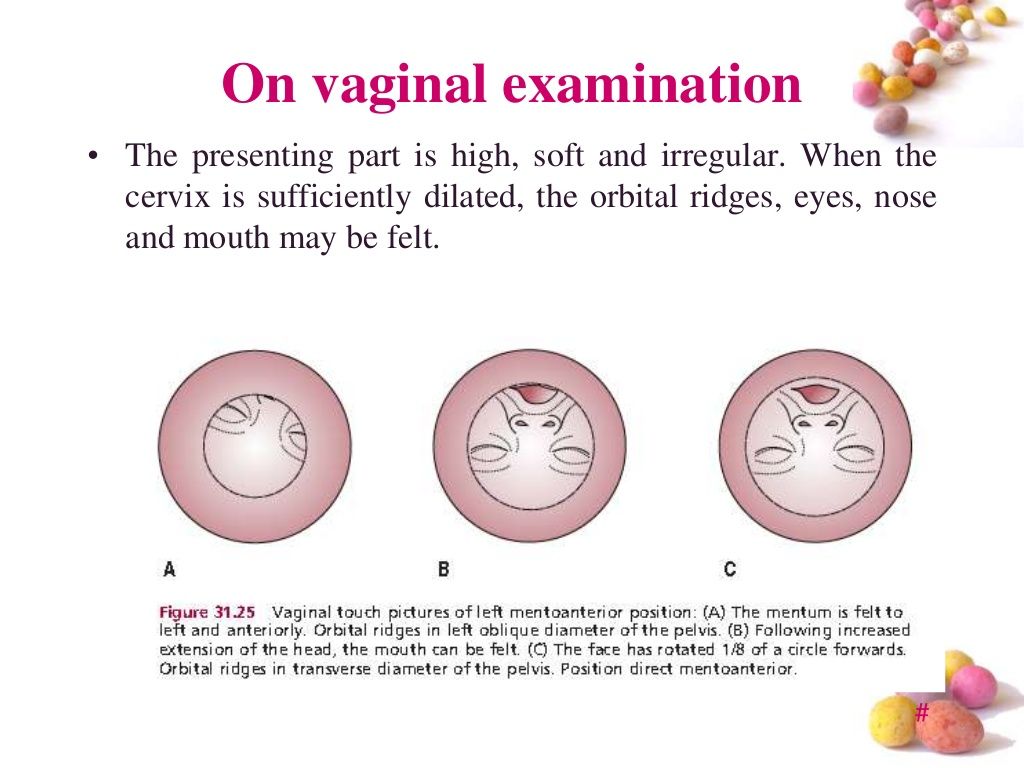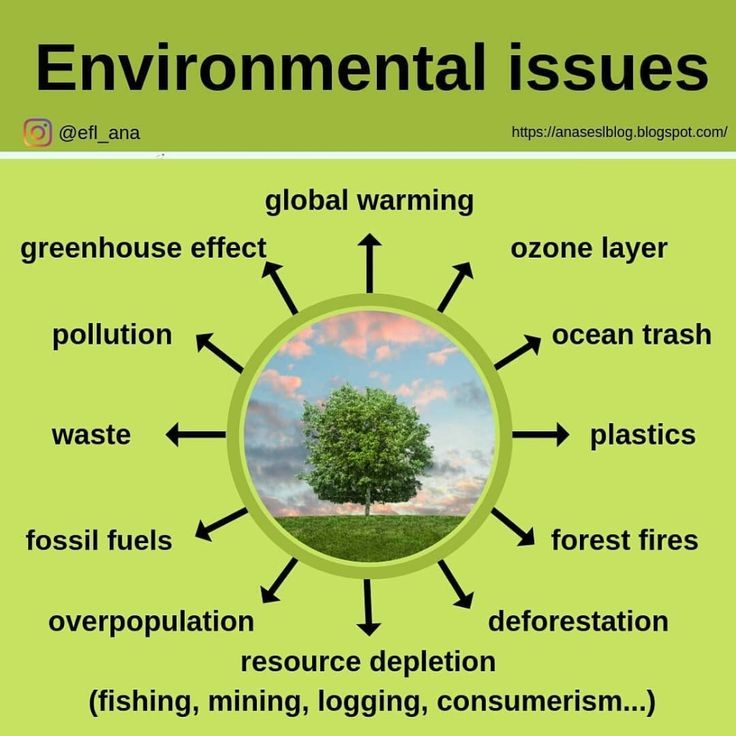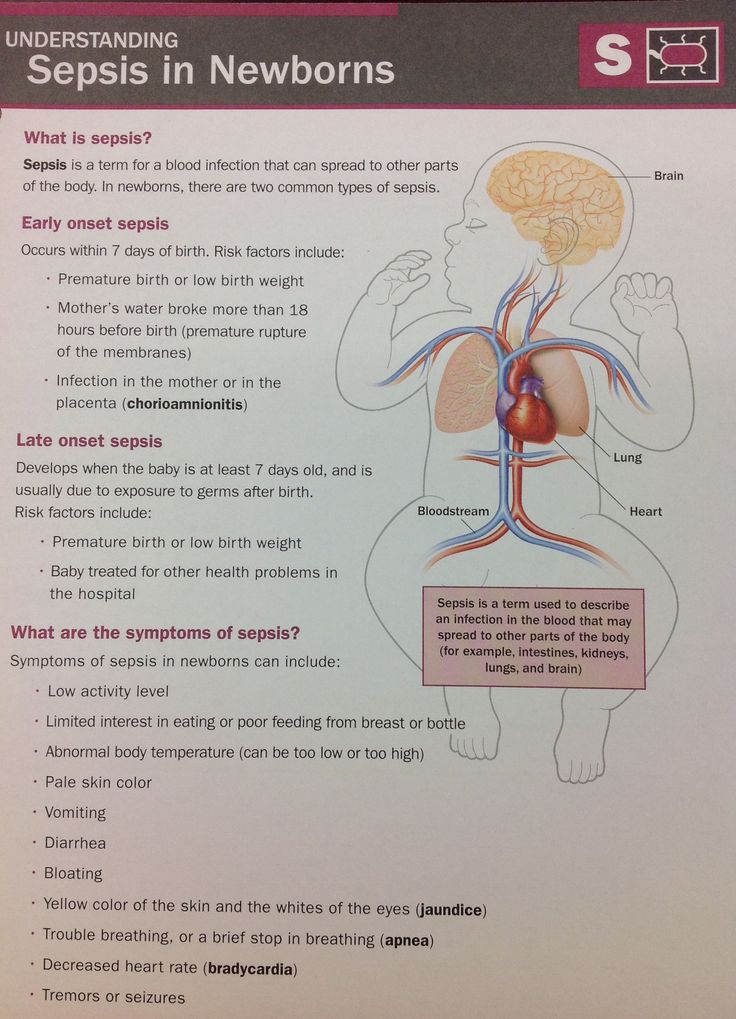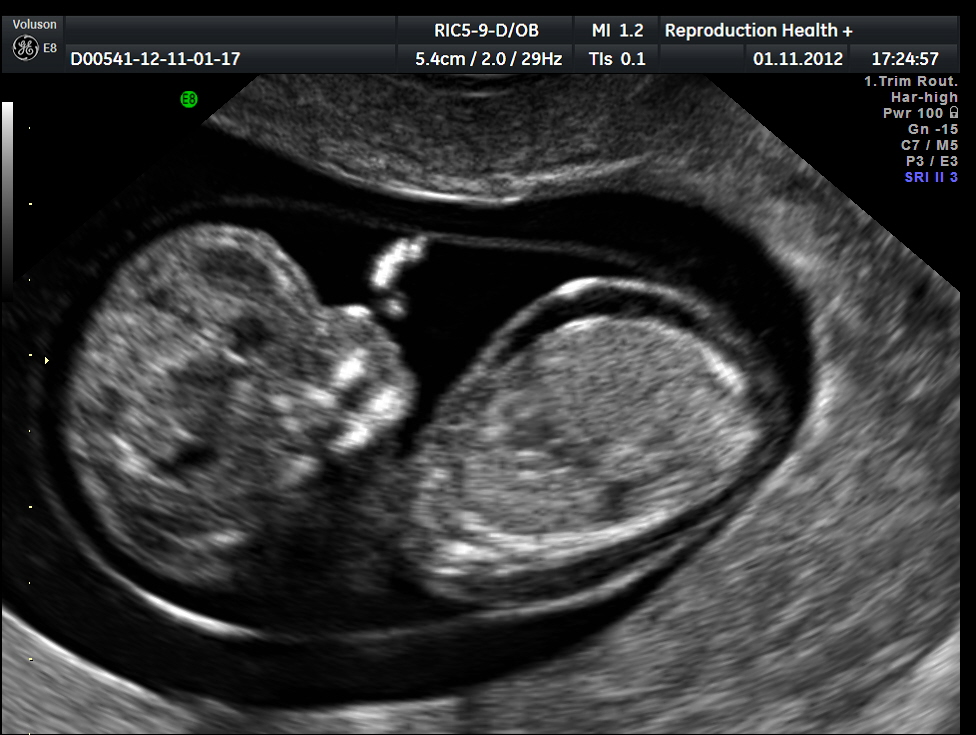How to tell if your child has an eating disorder
How to Tell if Your Child Has an Eating Disorder
- Home
- Blog
- How to tell if your child has an eating disorder
It can be upsetting as a parent to watch your child struggle with an eating disorder. It can leave you feeling confused and frustrated and you may not know where to turn. However, it's important to know that with the right help, children can make a lasting recovery from their eating disorder and you as a parent can play a crucial role in this.
What is an eating disorder?
Eating disorders are complex conditions that cause people to develop severely disrupted eating habits. This isn't just about diet changes or trying to lose a small amount of weight – eating disorders are mental illnesses that can take over someone's life and the lives of the people who are closest to them. Whilst it is true that eating disorders are most common amongst teenage girls, anyone of any gender, age or background can develop an eating disorder.
People suffering from an eating disorder usually have an obsession about their appearance, weight and body shape. This causes them to control or restrict their food intake, leading them to make unhealthy choices about food. These unhealthy behaviours can cause a whole host of long-term psychological and physical problems, and can even be fatal.
What are the different types of eating disorder?
There are a number of different types of eating disorder, each with their own unique features.
Anorexia
People with anorexia are obsessed with being thin, have an irrational fear of gaining weight, and a distorted body image (thinking that they are fat when they are not). People with anorexia try to keep their weight as low as possible and often achieve this by starving themselves and engaging in 'purging' behaviours where they try to remove calories from their body.
Bulimia
People with bulimia tend to binge (eat lots of food in one sitting) and then make themselves sick, abuse laxatives or exercise excessively to try and get rid of the calories consumed (purging). These binge-purge cycles are driven by an obsessive need to control food intake, and can be triggered by stress, anxiety or hunger. Bulimia can be harder to spot than anorexia because often, someone with bulimia stays a 'normal' weight.
These binge-purge cycles are driven by an obsessive need to control food intake, and can be triggered by stress, anxiety or hunger. Bulimia can be harder to spot than anorexia because often, someone with bulimia stays a 'normal' weight.
Binge eating disorder (BED)
People with binge eating disorder (BED) binge eat on a regular basis, often eating huge amounts of unhealthy food, even when they are not hungry. However, people with BED don’t show any purging behaviours, which means that they are likely to become obese.
Eating disorders not otherwise specified (EDNOS)
Eating disorders not otherwise specified (EDNOS), also referred to as atypical eating disorders, can resemble other forms of eating disorder but do not meet the exact requirements in order to receive a formal diagnosis.
What are the signs and symptoms of an eating disorder in children?
The signs and symptoms of eating disorders can vary from person-to-person and also depend on the type of eating disorder.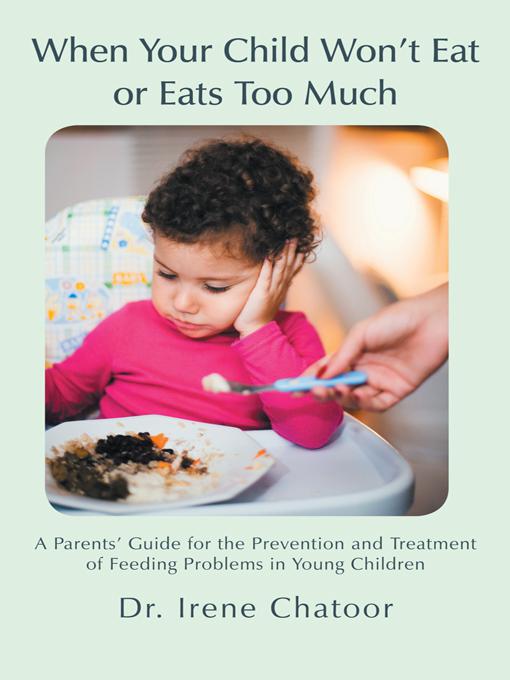 However, if you notice a combination of the following signs in your child, it may be that they have developed, or are starting to develop, an eating disorder.
However, if you notice a combination of the following signs in your child, it may be that they have developed, or are starting to develop, an eating disorder.
Behavioural symptoms;
- Compulsive or excessive exercising
- Unusual behaviour around food e.g. insisting on using certain cutlery, cutting food into tiny pieces
- A sudden interest in cooking, but refusing to eat what they have cooked
- Wanting to eat alone or in secret
- Wearing baggy clothes
- Vomiting after eating, or going to the toilet immediately after eating
- Eating large quantities of food without appearing to gain weight
- Repeatedly weighing themselves
- Social isolation
Physical symptoms:
- Abnormally low or high weight
- Long-term weight stagnation (adolescents typically continue to put on weight until the age of 20)
- Exhaustion
- Feeling cold
- Stomach pains
- Dizziness or feeling faint
- Mouth infections
- Sensitive or damaged teeth
- Scars on their fingers, knuckles or the back of their hand from making themselves sick
- Bad breath
Psychological symptoms:
- Having an obsession with appearance and other people's perception of their body
- Talking about feeling guilty after eating
- Getting stressed at mealtimes
- Low self-esteem
- Depression
- Anxiety
- Anger
- Intense mood swings
- Insomnia
- Panic attacks
- Self-harm
- Suicidal thoughts and impulses
Why does my child have an eating disorder?
There are a number of factors that can make children more vulnerable to developing an eating disorder.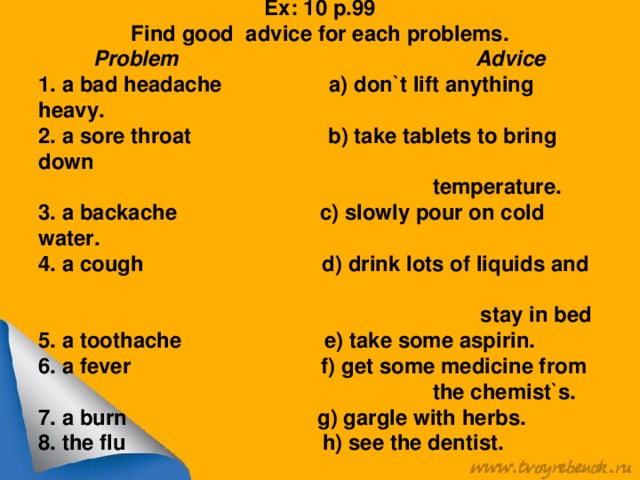 These include:
These include:
- Having a close family member with an eating disorder
- Having an existing mental health difficulty such as depression or anxiety
- Stressful life events
- Abuse
- Bullying
- Pressures at school
- Pressure from the media to be thin
- Having hobbies where being thin is seen as important, such as dancing or athletics
I think my child has an eating disorder - what are the next steps?
You may find the following steps useful if you think that your child is showing signs of an eating disorder:
Talk to your child - ask if they are OK and if there's anything they want to talk about. If your child doesn't want to talk to you, encourage them to open up to another person that they trust such as another family member or a teacher. Let them know that you're there to listen and support them.
Take them seriously - it can be difficult to understand why someone with an eating disorder behaves the way they do.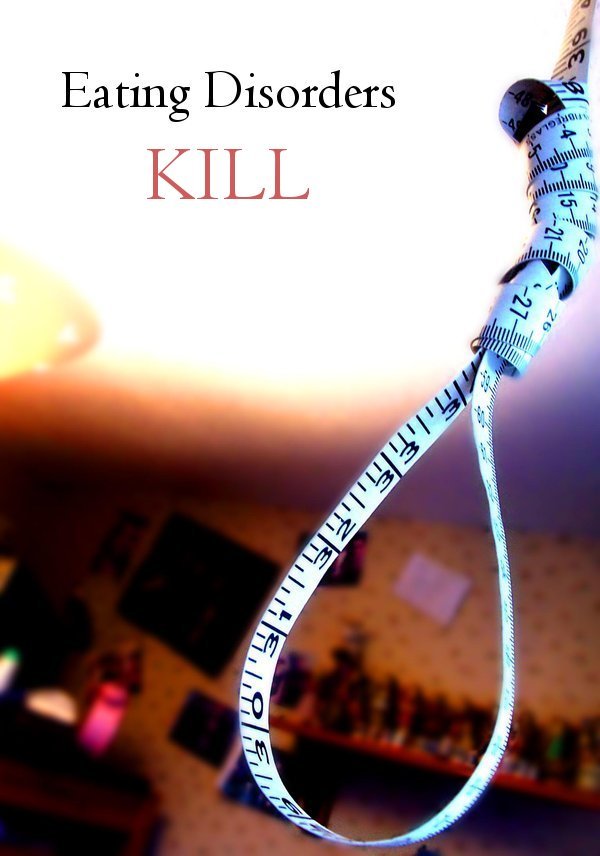 Some of their issues around food may seem irrational to you but could be a major source of distress for your child. This is why it's crucial to take them seriously and avoid being critical.
Some of their issues around food may seem irrational to you but could be a major source of distress for your child. This is why it's crucial to take them seriously and avoid being critical.
Learn about eating disorders - not only will this will help you to understand your child's behaviour, but will also mean that you are able to spot the warning signs. It also lets your child know that you care and are there to help.
Stop the body and food talk - we all talk about dieting, body shape and weight, but this can be a very sensitive subject for someone with an eating disorder. Try to steer conversations away from food.
Seek professional help - it is essential that you seek professional help if you think that your child has an eating disorder. Your child will likely need support to prevent their eating disorder from becoming worse. You can visit your GP to talk through your concerns and worries about your child, and they may refer them for expert eating disorder treatment at Priory.
Our specialists will be able to answer any queries that you may have, and provide guidance on how we could help your child to overcome their eating disorder and resume the healthy, happy childhood that they deserve. You can also find further information in Priory's Eating Disorders Parent's Guide.
Get in Touch Today
For details of how Priory can provide you with assistance regarding eating disorder treatment, please call 0800 840 3219 or click here to submit an enquiry form. For professionals looking to make a referral, please click here
Eating Disorders Information
I Think My Daughter Has an Eating Disorder
It can be very overwhelming and stressful to have a child with an eating disorder. While a parent can’t control this, there are things that a parent can do to support their child through this process. This article will cover some basic information about eating disorders and how to support your child in taking the first steps towards recovery.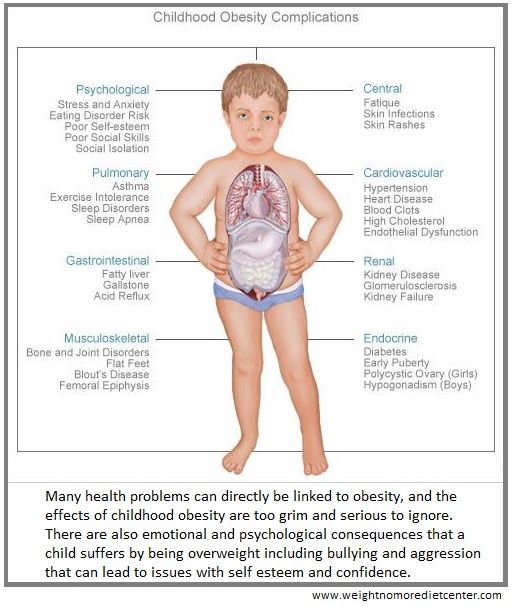
An eating disorder is a mental illness characterized by disordered eating behaviors. These behaviors cause physical and emotional distress. One stereotype about eating disorders is that someone with this type of mental illness will be in a severely malnourished and thin body.
Eating disorders can affect any person, regardless of age, gender, race, ethnicity, or body type. There are different types of eating disorders, each with their own set of symptoms. The next section will discuss the different kinds of eating disorders.
What are the Different Types of Eating Disorders?
There are a few different kinds of eating disorders. An eating disorder is diagnosed based on the types of disordered behaviors that someone is struggling with. The different eating disorder diagnoses are:
- Anorexia Nervosa- Anorexia is an eating disorder characterized by severe food restriction. This food restriction results in being underweight and malnourished.
 Someone with anorexia severely limits their food intake out of a fear of becoming fat or gaining weight. This fear can cause significant emotional distress. People with anorexia may also compulsively exercise, purge, or use laxatives.
Someone with anorexia severely limits their food intake out of a fear of becoming fat or gaining weight. This fear can cause significant emotional distress. People with anorexia may also compulsively exercise, purge, or use laxatives. - Bulimia Nervosa- People with bulimia engage in cycles of binging and purging. A binge is when someone eats an amount of food that is so large, most people wouldn’t eat the same amount of food in the same amount of time. These binges are followed with a behavior intended to offset the “consequences” of binging. Compensatory behaviors could be self-induced vomiting, laxative use, fasting, or compulsive exercise.
- Binge Eating Disorder (BED)- BED is an eating disorder characterized by frequent binges. As mentioned above, a binge is when someone eats an amount of food that is larger than what most people would eat in the same amount of time. These binges are followed by feelings of guilt, disgust, and other distressing feelings.

- Pica- Someone is diagnosed with pica when they eat things that are not considered food, such as dirt, lead pencils, ash, or bricks. There is a wide range of items that may be consumed. This behavior is compulsive.
- Avoidant Restrictive Food Intake Disorder (ARFID)- ARFID is similar to Anorexia in that people with ARFID also significantly restrict their food intake. However, this food restriction isn’t driven by a fear of gaining weight or concern about their body image.
- Rumination Disorder- Rumination disorder is when someone regurgitates their food. Someone with this disorder may re-swallow, re-chew, or spit out their food. This behavior isn’t intentional and isn’t due to emotional discomfort with eating.
- Unspecific Feeding or Eating Disorder- This diagnosis is given when someone is displaying disordered eating symptoms, but they don’t fully meet the criteria for another eating disorder. This diagnosis is just as serious as other eating disorder diagnoses given the potential impact of eating disorder behaviors.
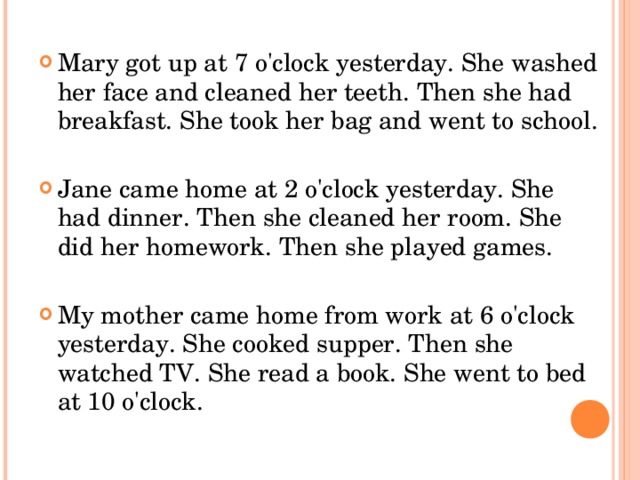
How to Tell if Your Daughter Has an Eating Disorder
Eating disorders can be difficult to spot. However, there are a few warning signs and symptoms of eating disorders.
What are Some Signs and Symptoms of Eating Disorders?
Some signs and symptoms of disordered eating include:
- Any behavior that suggests that weight loss or dieting is becoming a main concern
- Obsession or preoccupation with weight, food, or calories
- Skipping meals or only eating small amounts
- Isolating from friends and family
- Significant concern with body image
- Frequently checking in the mirror or doing other things to check the size or shape of their body
- Mood swings
- Changes in weight, whether losing or gaining weight
- Changes in the menstrual cycle
- Dizziness
- Abnormal lab results
- Difficulty falling or staying asleep
- Concentration difficulties
- Dental problems
- Frequently going to the bathroom right after or during a meal
- Exercising even if it interferes with other important activities or responsibilities
- Intense anxiety, depression, or guilt with eating or if unable to exercise
- Exercising even if injured or sick [1]
What to Do if Your Daughter Has an Eating Disorder
Many parents find it difficult to navigate talking with their daughter about their concerns regarding their mental health. There are a few things parents can do to handle this more effectively.
There are a few things parents can do to handle this more effectively.
Related Reading
- How to Help Someone with an Eating Disorder
- Do I Have an Eating Disorder?
How to Talk to Your Daughter About Eating Disorders
One key feature of eating disorders is denial. Someone can really be struggling with disordered eating and lack insight into the severity of the problem.
This can make it difficult for loved ones to have a successful conversation with their child about their concerns. Here are a few tips for talking with your daughter about eating disorders:
- Express Concern Without Judgment- It makes sense to be worried or angry about your daughter’s disorder. However, it’s not going to be effective if your emotions take over and dominate the conversation. Try to go into the conversation with your emotions in check so that it doesn’t come across as judgment. You can say something like, “I’ve noticed that you seem to be more concerned about your weight lately.
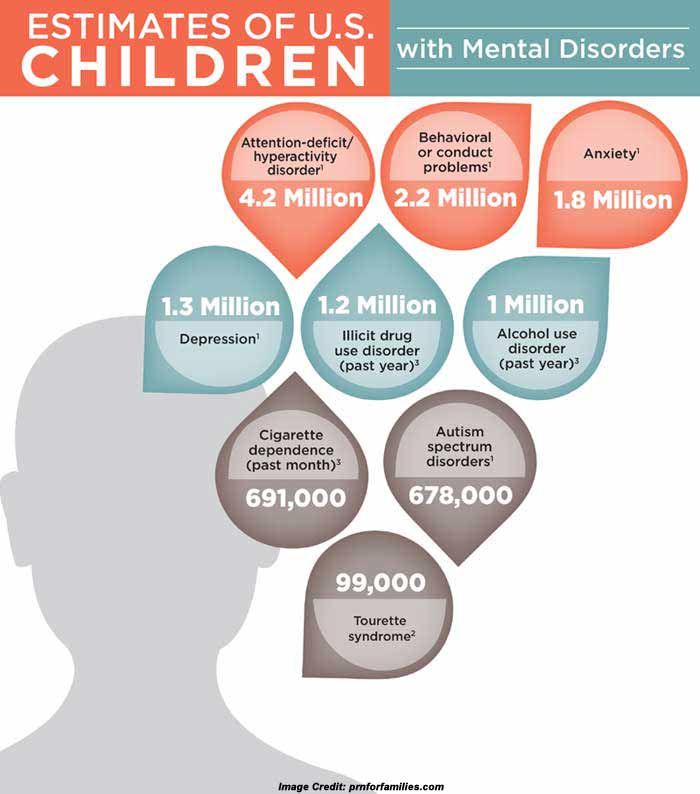 Is something going on?” or “I’m worried about you because you seemed like yourself lately. I’m here if you want to talk about it.”
Is something going on?” or “I’m worried about you because you seemed like yourself lately. I’m here if you want to talk about it.” - Stay Open- Your daughter may not be open to sharing about their disordered behaviors right away. This may be especially true if they aren’t aware of the severity of their disorder. If she denies that there is a problem or states she doesn’t want to talk about it, don’t push her. You can let your child know that you will be there to listen when she is ready. This plants a seed and builds trust.
- Offer Support- You can let your daughter know that you’re there for her. Even if you haven’t had the type of relationship with your kid where she shares her feelings with you, it’s not too late. You can also offer to take her to a therapist where she may feel more open to sharing openly about her mental health.
Seeking Treatment
There are a wide variety of treatment options available depending on the severity of your daughter’s eating disorder. You can contact a treatment provider or treatment center for a consultation or assessment.
You can contact a treatment provider or treatment center for a consultation or assessment.
A trained eating disorder professional can recommend the appropriate treatment. It’s very important to see a provider, whether it be a therapist, nutritionist, or doctor who has specialized training in eating disorders. Not every provider has the training necessary to properly diagnose and treat these conditions.
While it is true that treatment is only effective if the patient wants help, treatment providers are trained to work with individuals at all phases of the recovery process. Believe it or not, denial and resistance to change are the beginning phases of the recovery.
Don’t let your daughter’s denial or lack of motivation intimidate you from getting them the care they need. Eating disorder treatment can be life-saving.
Citations:
[1] National Eating Disorders Association. (n.d). Warning Signs and Symptoms. Retrieved October 5th, 2021 from https://www. nationaleatingdisorders.org/warning-signs-and-symptoms
nationaleatingdisorders.org/warning-signs-and-symptoms
Author: Samantha Bothwell, LMFT
Page Last Reviewed and Updated on October 12, 2021 by Jacquelyn Ekern, MS, LPC
© Copyright 2022 Eating Disorder Hope. All Rights Reserved. Sitemap.Privacy Policy.Terms of Use.
MEDICAL ADVICE DISCLAIMER: The service, and any information contained on the website or provided through the service, is provided for informational purposes only. The information contained on or provided through this service is intended for general consumer understanding and education and not as a substitute for medical or psychological advice, diagnosis, or treatment. All information provided on the website is presented as is without any warranty of any kind, and expressly excludes any warranty of merchantability or fitness for a particular purpose.
Call a specialist at Timberline Knolls for help (advertisement)
(888) 206-1175
EDD in children: what it is, how it manifests itself - what to do if a child has an eating disorder teacher.
 Explores eating disorders from the perspective of nutritional science.
Explores eating disorders from the perspective of nutritional science.
What is EDD
This is a mental eating disorder. Let's take a look at its most common types.
Anorexia nervosa. Accompanied by a strong decrease in body weight and a pathological desire to lose even more weight in order to get closer to a certain “ideal”. A teenager inadequately perceives his real weight. Due to unhealthy weight loss in girls, menstruation may disappear and the work of other internal organs may be disrupted.
Bulimia nervosa. The main symptom is self-induced vomiting after meals for weight loss. Slightly less often - the abuse of laxatives. In especially severe cases of the disease, bulimia and anorexia accompany each other. Patients are obsessed with the pursuit of ideal thinness.
Compulsive (psychogenic, paroxysmal) overeating. It consists in uncontrolled absorption of food, when the patient eats and cannot stop, although saturation has occurred a long time ago. Attacks often occur after stress or in the middle of the night. Emotional overeating can occur even when a person is not actually physically hungry. After the attacks, patients feel strong guilt. Due to overeating, weight can be gained or the work of the gastrointestinal tract can be disrupted.
Attacks often occur after stress or in the middle of the night. Emotional overeating can occur even when a person is not actually physically hungry. After the attacks, patients feel strong guilt. Due to overeating, weight can be gained or the work of the gastrointestinal tract can be disrupted.
Eating disorders are also divided into several types depending on the factor of occurrence:
- External disorders. Man eats for company, unconsciously.
- Emotional disorders. A person tries to get emotions out of food, eat stress or longing.
- Restrictive disorders. A person decides which products are harmful to him and which are useful. This includes all diets.
What triggers eating disorders
Experts identify several of the most common triggers for eating disorders.
Glossy beauty standards
Popular culture of the last few decades has made further adjustments to beauty standards, and more and more teenage girls are striving for an unattainable "ideal" thinness.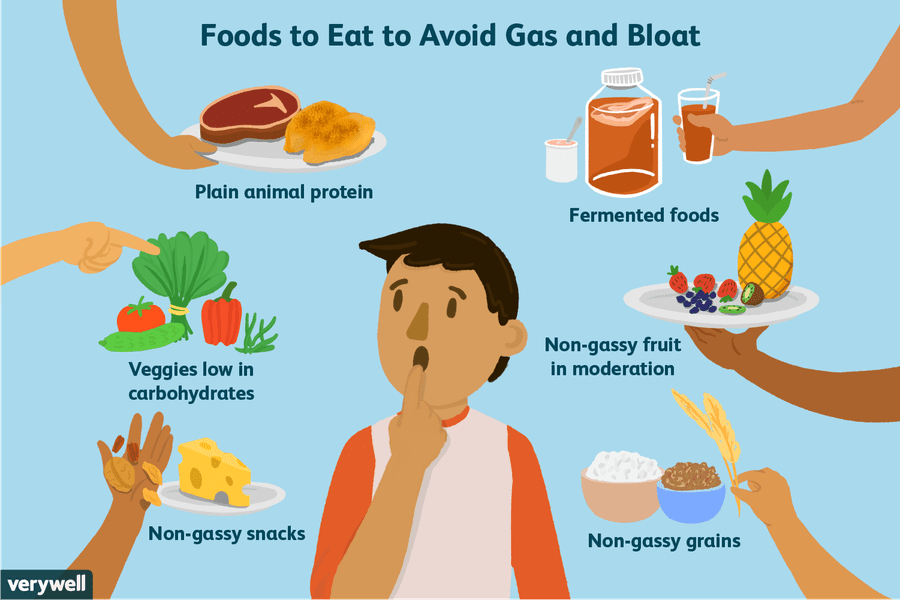 Thanks to cinema and advertising, we believe that a beautiful girl must be thin, not have a single hair on her body except for her head, eat salads and not touch food after six.
Thanks to cinema and advertising, we believe that a beautiful girl must be thin, not have a single hair on her body except for her head, eat salads and not touch food after six.
Oil on the fire of an unhealthy perception of the female body is added by thematic publics on VKontakte, most often designed for a female audience: “90-60-90”, “40 kg”, “Typical anorexic”. Along with quite normal workouts and nutritional advice, you can find unhealthy diets that many schoolgirls get hooked on: for example, in an attempt to keep up with the standards, it is recommended to eat only chocolate and drink water for several days.
-
But in recent years, alternative trends are gaining popularity. Media and television are beginning to promote self-acceptance. Major brands invite people with different skin colors, weights, and heights to shoot. Flash mobs are being launched on social networks: for example, they are calling for publishing their natural photos with the #nofilter hashtag. The trends are encouraging: this positive body culture helps teenagers cope with the transition and accept any external changes, as well as be more tolerant of people who are not like themselves.
The trends are encouraging: this positive body culture helps teenagers cope with the transition and accept any external changes, as well as be more tolerant of people who are not like themselves.
Incautious comments from others
Most stories told by people with eating disorders begin with hurtful words from someone in childhood or early adolescence. A classmate’s phrase “You are fat”, a grandmother’s comment “Where do you need more, what cheeks are there already”, a friend’s remark “Where is your waist in general” - can provoke a severe psychological disorder for many years to come.
Eating disorders now start at age 8-10. Already from childhood, adolescents are preoccupied with thinness to an unhealthy degree. They are mostly girls, but RPP also occurs in boys.
Lack of emotional connection with a parent
Sometimes food becomes the only way to interact with mom or dad and get love from them.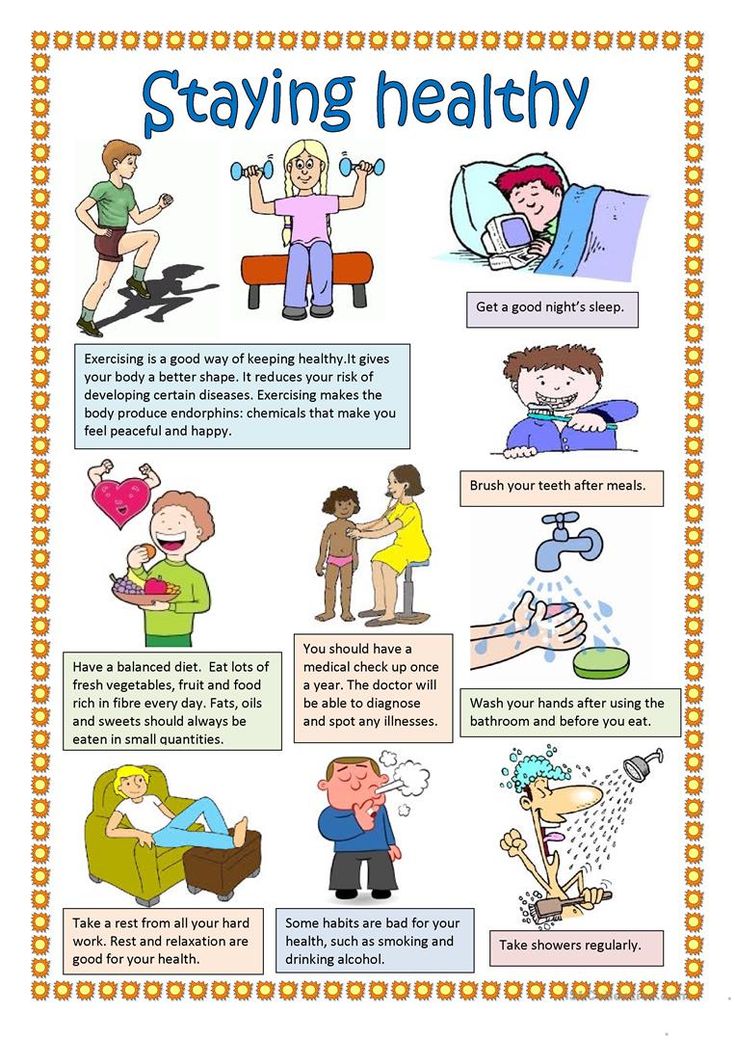 The child wants to eat at midnight - they cook for him, he wants pies - they bake for him. There is no other proximity, except for the communication “I want to eat - they give.” Then the child builds a logical chain: food is love. As an adult, he comforts himself by eating stress. A characteristic manifestation of such an eating disorder is special rituals, for example, the tradition of overeating after a hard week.
The child wants to eat at midnight - they cook for him, he wants pies - they bake for him. There is no other proximity, except for the communication “I want to eat - they give.” Then the child builds a logical chain: food is love. As an adult, he comforts himself by eating stress. A characteristic manifestation of such an eating disorder is special rituals, for example, the tradition of overeating after a hard week.
Unhealthy eating habits in the family
For example, family members are used to eating with their eyes on gadgets. This contributes to overeating, since a person does not concentrate on the process of eating and does not realize when saturation has occurred. Or parents punish and encourage the child with food: “If you don’t finish eating, you won’t leave the table”, “Do your homework, and I’ll let you eat chocolate” . In fact, food should not be a way of humiliation or reward.
Comparing yourself to others
People who develop eating disorders always feel that they are not thin and beautiful enough. Although you should only compare yourself to yourself in the past, it's not always easy. This is exacerbated by the fact that on social networks we broadcast only the good and beautiful: successes and achievements, photos with posing and processing. Because of this, there is a mistaken impression that others are better than you.
Although you should only compare yourself to yourself in the past, it's not always easy. This is exacerbated by the fact that on social networks we broadcast only the good and beautiful: successes and achievements, photos with posing and processing. Because of this, there is a mistaken impression that others are better than you.
Eating disorders in children: advice to parents
Here are some recommendations approved by experts.
Establish good eating habits
Family food culture is the foundation of mental and physical health. Set the rules: no-gadget meals; if you are full, you can not eat up; if there is no feeling of hunger, they don’t force you. Follow your own addictions: if in the evening after a hard day’s work you eat three cakes, the likelihood of eating disorders in a child increases. Cook and promote healthy food with lots of fruits, vegetables, whole grains and legumes. Enter a ban on snacking at night.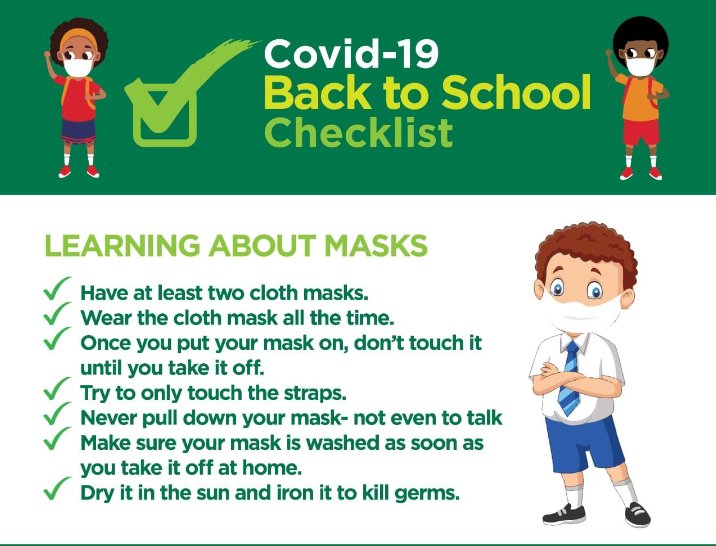
Try not to divide foods into good and bad. Even cakes, chips and soda have the right to exist in the diet if the child eats it in moderation. If you forbid your child certain types of foods at all, most likely, he will begin to uncontrollably absorb them at the first opportunity - for example, when he moves out from you. Inform your child about health mechanics of a healthy lifestyle and especially weight loss, if your child is interested in this. Tell us why various diets can harm, why it is important to eat fully and balanced, what the consequences of untested teas, pills and laxatives for weight loss can be.
Be careful what you say to your child
Be careful what you say to your child, especially in the heat of the moment. If a child is overweight and is trying to get in shape, do not comment: “You won’t succeed, strong will is needed here.” Instead of insulting comments or banter, help your child make the process of losing weight healthy: for example, sign him up for classes with a qualified trainer, cook healthy and natural food at home, review the family's diet.
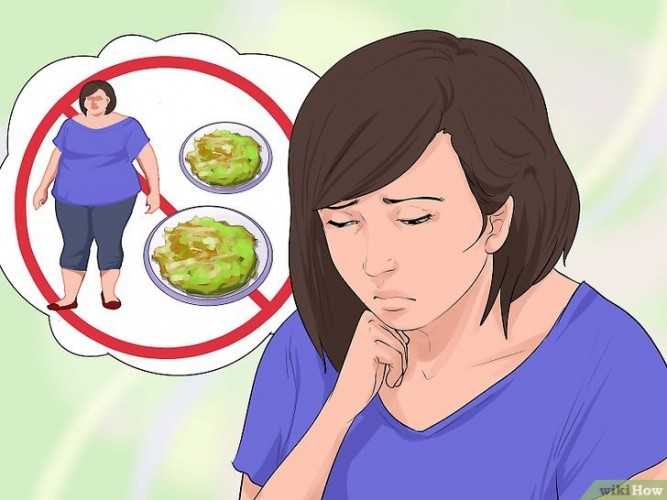
Eating disorders last for years and are always accompanied by pain, self-loathing, envy of thin people, feelings of guilt, shame. Remember that an inadvertently thrown word can greatly spoil the child's perception of himself and life.
Compliment
Tell children they are beautiful. If you would like to change something about your child's appearance or weight, or if it's medically necessary, ask your child if they would like to be involved? What does he think about this?
It is important to be a friend and comrade in this situation. All changes in the body must occur out of love.Do not point out to the child about his external defects, especially regarding weight. Do not make fun of or compare with other children. If your child already has an eating disorder, be wary of compliments about weight and appearance.
Stay in touch with your child
Be aware of your child's emotional state.
Often parents are so busy with work and other things that they notice what is happening only at the last stage.
An occasion to speak immediately, but not from the position of the accuser, but from the position of a friend, if you see that the child:
- may not eat all day;
- faints;
- feels dizzy;
- has changed a lot;
- suddenly wears the smallest clothing sizes in the mesh;
- often goes to the bathroom or toilet after eating;
- has not been shown to you during a meal for a long time;
- regularly overeats at night or after stressful situations;
- keeps packages of laxatives, fitness teas and other drugs in the room.
Take the child to the doctor in time
It is important to understand that an objective assessment of oneself and reality does not work for a child in this state at all.
If you see that the situation is getting out of control and the child’s health is at risk, explain to him why it is important to get an examination without delay. Everything related to physical and psychological difficulties during and after treatment is absolutely tolerable compared to consequences beyond the point of no return. Health can deteriorate so much that the gastrointestinal tract will forever cease to produce enzymes for the digestion of many foods, and problems with the reproductive system will become chronic.
The worst mistake that parents can make in a critical situation is to refuse treatment and try to fix their child's eating behavior on their own. If the disorder is in the final stages, the child may need IVs and constant work with a psychiatrist. In order not to bring to such a point, it is important to establish a trusting relationship with the child, to understand what is happening and when the situation goes beyond the permissible.
We tell you what eating disorders are, why a phrase carelessly thrown in childhood can provoke years of illness, and how parents can help teenagers overcome eating disorders.

child not eating? Maybe an eating disorder? - Miloserdiye.ru
Sergey Butriy, a pediatrician and chief physician of the Rassvet children's clinic, tells about the causes of eating disorders in babies and what to do about it.
«
Cut flowers out of carrots »«My son is five years old, he doesn't eat anything except milk porridge with cottage cheese and chocolate, - says Nadezhda S. - He doesn't even try. He never ate a single fruit or vegetable in his entire life. Even pizza, chips and nuggets, beloved by all the children of the world, do not arouse his interest. He does not know the tastes of food, does not distinguish between sour and salty.
Pediatricians, neuropathologists, gastroenterologists, nutritionists shrug their shoulders. But not because they don’t know how to help, but because the solution, in their opinion, is elementary: “Cut out flowers from carrots, fry eggs in the form of a funny face, come up with something.
You're his mother, can't you feed your own child?“
I can't. Every day I fry, cut, involve in cooking, buy beautiful appliances and pasta in the form of cars, play food, take to cafes, to kindergarten and to visit where other children gather and eat. All this does not work. I can’t feed my child and I don’t even know where to go for help with this.”
Nadezhda breathed a sigh of relief when she learned that this problem has a name - Restrictive / Selective Eating Disorder (OR-ED) or in English Avoidant / Restrictive Food Intake Disorder (ARFID), which means that she is not alone in her trouble, does not go crazy, and the solution is somewhere.
“Eating disorders in children older than 3 years are called ARFID,” says pediatrician Sergei Butriy, one of the first to start a discussion about this problem in Russia. - Such a child cannot eat because the taste of food seems disgusting to him, he does not like the smell, texture, temperature, color. He is afraid to eat.

Most children are picky about food at some point in time, catching onions from soup, choking on lumps, an unpleasant taste can make any child vomit - this is a common story. To understand how this differs from an eating disorder (ARFID), here is an example.
Imagine that you come to an aboriginal tribe and they eat live worms there. Juicy, fatty, that move in the mouth. And they offer them to you. This is roughly how a child with ARFID feels when they are asked to try something new.
Such children are very afraid to try something new or even old, but with unpredictable taste. Let's say a child is afraid to eat an apple, because the taste of an apple is a lottery, it is always different. In the morning the apple is sour, in the afternoon it lay in the sun and became loose and sweet, fell - the barrel became cloying. And Danissimo vanilla curd is predictable, always the same, the child does not want to take risks, and gradually his choice narrows down to a very limited list of products.
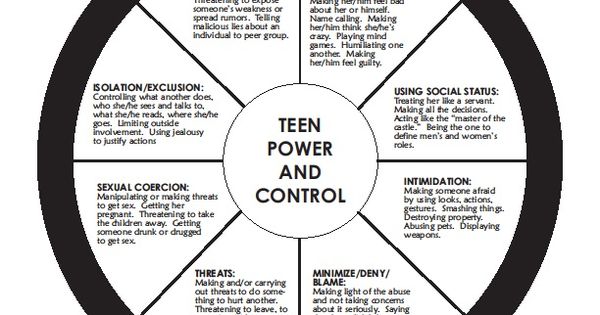
Such neophobia (fear of the new) once helped cubs to survive. And in our safe time, when there is nothing for children in the apartment to poison themselves, except for household chemicals or uncleaned medicines, this useful skill has turned into a functional disorder.
Functional disorders are a difficult thing to accept, says Butriy. The quality of life decreases enormously, but it is impossible to find a physical or mental cause of this condition, which torments both parents and doctors.
In order to somehow feed the baby, the family spends enormous resources. “The main thing that distinguishes eating disorder from childhood whims is that it is incredibly draining of parents’ resources,” explains the pediatrician. - The whole life revolves around eating behavior and the question “how to feed him?” If they go on vacation, they bring with them suitcases of food that the child is used to. Exhaustion of the nerves of the family and depletion of the fat of the child are two criteria after which we speak of an eating disorder, and not just a child with special nutritional needs or difficult to feed.

“A new diagnosis does not mean a new illness,” the doctor emphasizes. “There have always been babies who refuse to eat, in the absence of help they get sick and die. But against the background of general infant mortality from poverty, starvation, infections and injuries, rare babies with eating disorders were not a problem worthy of attention. Times have changed, now children are growing up in much more safety, it's time to notice more "small" and rare problems.
EDD in children lies at the intersection of pediatrics, gastroenterology and psychiatry. But above all, self-education of the family is necessary. The more the family knows about eating disorders and ARFID, the less guilt and fear, the more likely it is to find a good specialist, or at least develop the best feeding and upbringing strategy on their own.” If you have a trusted pediatrician who does not judge, saves, constantly learns and is ready for new challenges, Sergey Butriy recommends you to him. But if this is not the case, unfortunately, you will have to make a circle on gastroenterologists, other pediatricians, breastfeeding consultants, complementary feeding consultants, psychologists, etc.
You need to find among this list a person who is familiar with the problem and is ready to help, his specialization, in the context of a general shortage of such personnel, is secondary.
Eating disorders in babies: are parents doing something wrong?
Eating disorders can occur even in infants, but it is not the family's fault. “In infants, the cause of eating disorders is usually fear, perhaps some memory of the risk of suffocation due to food,” Sergey Butriy explains. - They brought me a seven-month-old child with RPP. At two and a half months, he was admitted to the hospital with covid pneumonia. It was very bad and scary there, he was given oxygen, injections, and amid stress, he stopped eating. In order to somehow feed him, his mother, in a panic, on the advice of medical workers, in the same place, in the hospital, tightly swaddled him, poured food into his mouth, holding his nose, until he swallowed. Of course, she only fixed the negative to food, and since then the child has had RPP, although they have been at home for a long time and there are no painful procedures and violence in food.
If not fed, he will not eat and will not show signs of hunger. It will just emaciate and die."
The doctor says that the causes of these diseases, their groups/risk factors are still poorly understood, but it is almost never the fault of the parents.
Eating disorder occurs on its own, but then sometimes parents (including on the advice of doctors) can use violent and non-pedagogical methods, thus reinforcing the infant's aversion to feeding at the level of conditioned reflexes.
“But I am very afraid to talk about the fault of parents even in this context: when your child completely refuses to eat at the age of three months, such animal fear covers that people are ready for the most desperate deeds,” says Sergey Butriy. – These parents are already drowning in guilt, and one of the goals of treatment is to remove this feeling, give working strategies for feeding and helping, and also show “red flags” - dangerous symptoms, the appearance of which will indicate that it is no longer possible to cope at home Time to go to the hospital.
"
“Due to a very limited diet, these children can develop anemia (deficiency of iron or vitamin B12), beriberi (scurvy) and many other secondary problems,” continues the doctor. – I usually say watch for blood in the stool, signs of dehydration, excessive lethargy, halving the volume of wet diapers, etc. But, firstly, this leads to dozens of new questions, and they are different for everyone, and secondly, anyway, everything depends on regular examinations by a competent pediatrician, and ideally, also a direct connection of the family with him.
Adolescents with eating disorders often die. Are babies in the same danger?
Adolescent eating disorders are psychiatric illnesses arising from aversion to one's own body (dysmorphophobia) - a dangerous condition with a colossal lethality. But children's ED (pediatric food disorders) do not arise at all due to dysmorphophobia, their mortality is lower and the prognosis is better, the doctor says.
Even without special treatment and assistance to the family, children's eating disorders in most cases go away on their own, if the family adjusts and learns to live with it, even if it spends enormous resources on the feeding process.
As a result, the child survives, grows, develops healthy, and with age, the RPP disappears.
Some children with childhood eating disorders, however, end up in hospitals, need tube feeding or a gastrostomy for 3-12 months to survive the crisis and the child does not die of malnutrition. But even such children have a very low mortality in the end, they are nursed, and then they almost always grow up healthy.
“Consequences and prognosis of ED depend on many factors,” Sergey Butriy clarifies. – Physical health (is it an isolated eating disorder or, say, is it part of a genetic syndrome). Comorbid psychiatric disorders (whether or not the child also has autism, ADHD, or oppositional defiant disorder). It also depends on the quality of medical care, involvement, level of education and financial well-being of the family, etc.”
Treatment of childhood eating disorders begins with parental support
Parents who cannot feed their own child experience fear, frustration, shame, and guilt at the same time.
“Firstly, when they just find out that there are still such children, it becomes much easier for them,” the pediatrician shares his observations. - Secondly, if a parent does not make super-mistakes (gross violence, for example), he, as a rule, empirically gropes for a suitable way to feed the child.
So the core of ARFID and EDD treatment is: do what you do and don't feel guilty. I allow a lot of things - to distract, entertain, feed half asleep, feed monotonously and give vitamins, puree food even before school. Eat - and good! Gradually, he will begin to try.
Give up unrealizable ideals, they only spoil your nerves. Find a supportive doctor or psychologist, talk periodically, get feedback that you are still on the right track, listen to his advice. Check out the RPP and ARFID materials on my blog. Avoid authoritarian and harsh doctors and relatives who give careless advice - they can undermine the rest of your strength.
The treatment of eating disorders is cognitive behavioral therapy.
Imagine that you are afraid to fly. The psychotherapist brings you to the airport, but you will not fly anywhere today, he promises this. He brought you just to look at the planes, get used to it, so that the heart would stop jumping out of fear. Then he will offer to walk around the cabin, sit, listen, fasten your seat belt. All this is wildly scary, but you know for sure that you will not fly today. And little by little you get used to it. Man is an adaptive being. In the same treatment of children's eating disorders and ARFID. True, according to Sergey Butriy, there are almost no CBT therapists specializing in eating disorders in children in Russia. But parents themselves can move in this direction.
“Infant eating disorder starts at 2-3 months, peaks at 3-7 months, then it gets better from month to month, and by the age of one and a half, most children no longer exhaust the family with their demands for food, although they remain picky eaters. ARFID can start about 2.5-5 years, intensify in the first years, the peak passes in 3-4 years; most likely, these children will have nutritional problems in adulthood: they are usually slender, do not want to eat many foods, but at the same time they are quite satisfied with the quality of their lives.
But I have not seen cases where ARFID turns into dysmorphophobia (teenage or adult eating disorders, where a person is not satisfied with his body).”
The first months (with infantile eating disorder) and the first years (with ARFID) from the onset of symptoms are most difficult to survive, and then the family adapts, and the symptoms gradually subside, and in general, the strength that is required to cope with this, going less and less.
“Be patient and save your energy,” Sergei Butriy advises. “This is not your fault. The problem is real, you didn't make it up, you don't go crazy. Many mothers have gone this way and then remember this period with a shudder, but already as a passed stage. Only these people will be able to understand how hard it is for you right now, do not attach too much importance to the words of people who have no idea what an eating disorder is.
Sources:
Lecture by pediatrician Sergey Butriy “Eds in children” https://youtu.



